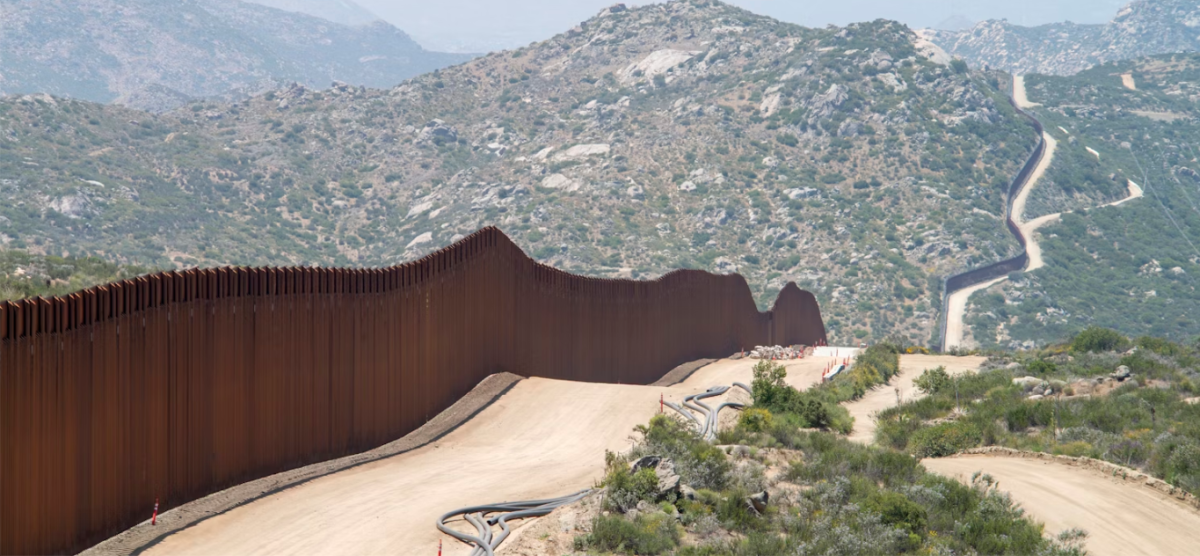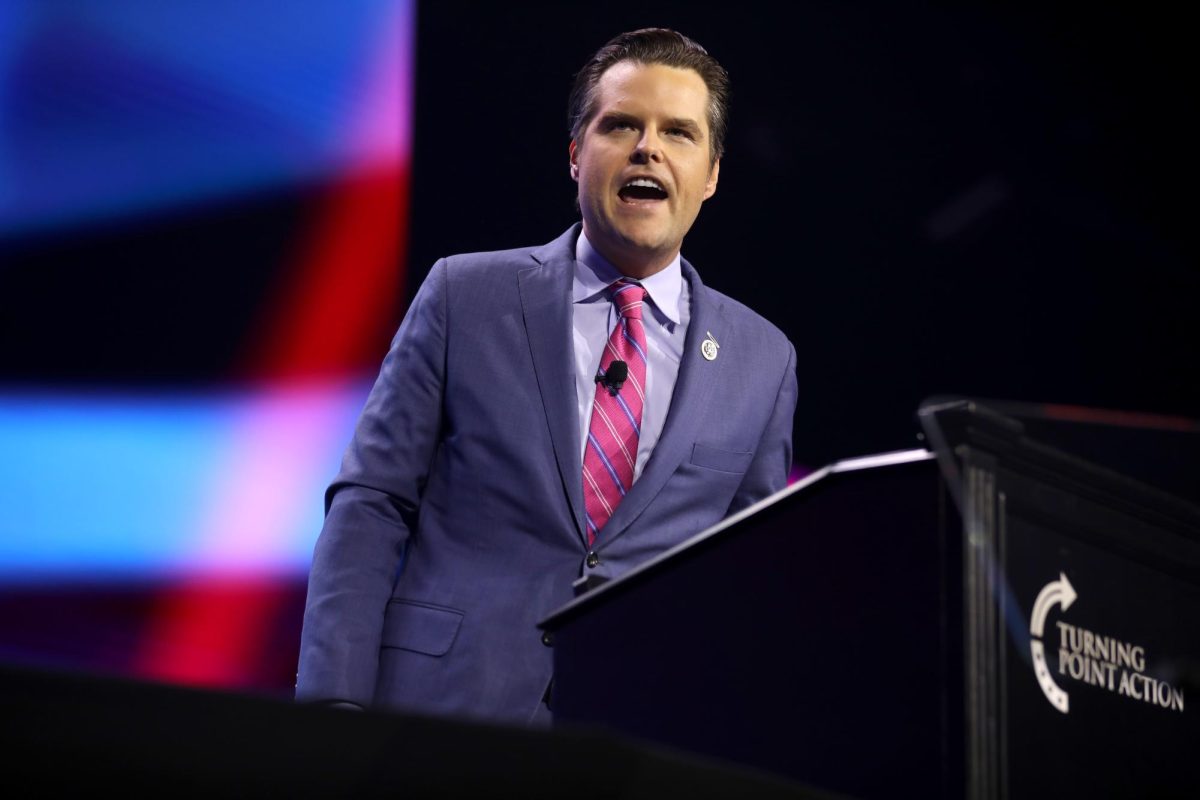Argentina, one of the crowning economies in Latin America after Brazil and Mexico. It is also a member of the G20, a group of the world’s largest economies. The country has a rich natural resource base, including land, oil, gas, and minerals.
However, Argentina’s economy has been on an exponential decline in the past few decades at a new, concerning rate. It has grown highly dependent on the International Monetary Fund (IMF) to finance its internal deficit.
With an estimated GDP of 612 billion U.S. dollars for 2023, Argentina is one of the largest economies in South America.
The rate of hyperinflation has been higher than 100% in 2023. The country is grappling with a spiraling economic crisis — inflation there is the third-highest in the world, behind only Venezuela and Lebanon.
Argentines, struggling to make ends meet, try to save in U.S. dollars in order to combat the growing inflation and to stay afloat. At the official exchange rate, each person can only buy $200 per month.
Argentina has long been plagued by cycles of excessive government spending against the background of low savings. This cycle is apparent in the current economic conditions. Excess domestic borrowing is financed by the central bank, causing hyperinflation.
Once one of the richest countries in the world, its economy has been in free fall for a few decades. This problem dates back to when President Juan Domingo Peron was in office in 1946.
Peron’s idea was a strong state that had a strong emphasis on nationalism. He introduced the eight hour work day, increased the lower class wages, and he embraced economic isolationism.
The emphasis on national sovereignty led to the coddling of workers by protecting them from foreign competition, thus shutting Argentina off from international trade.
As seen today, Peron’s legacy still influences the country’s politics and policies. Peronists have been in office for 16 out of the last 20 years.
A main flaw in Peronist ideology is that they haven’t evolved with globalization like the rest of the world. This has resulted in Argentina’s exports heavily decreasing year after year.
The government started to rely on printing more money to combat spending. But, the more money they print, the worse inflation gets.
As the situation keeps persisting, with an increase in inflation and a depletion of dollar reserves, economic considerations played a critical role in the general elections that took place in early October 2023.
The former vice minister of economy, Fernando Morra, said the risk laid in the quick rise of prices. This would lead to a similar path of hyperinflation like the country saw in the 1980s, when prices changed daily.
“This type of inflation is unstable and makes stabilization much more urgent. It is very difficult to control inflation at these levels,” Morra said.
In efforts to lower inflation, Argentina’s central bank has raised the benchmark interest rate to 133%, which encourages saving in pesos, but hurts access to credit and economic growth.
Argentina’s peso currency has been constrained by capital controls since a market crash in 2019, which has led to an unwieldy array of exchange rates, where dollars trade for over twice the price of the official 350 pesos per U.S. dollar.
Popular unofficial exchange rates include the “blue” dollar, the MEP, and blue-chip swap, though demand for dollars through parallel channels has over time spawned dozens of different rates including a “Coldplay dollar” and “Qatar dollar”.
Now in the middle of the presidential election, two of the country’s three top presidential candidates, Javier Milei and Patricia Bullrich, have promised to quickly undo capital controls if they are elected. It is expected this will lead to a sharp devaluation of the official exchange rate.
Milei wants to ditch the peso completely and dollarize the economy. Bullrich says she favors a dual peso-dollar system.
“There are three assets that Argentina has and if we could value them in the coming years, they will give us a development platform that can change the face of the economic situation we have at this moment,” said Morra.
“There is an opportunity, though obviously we could miss it. We are world champions at missing opportunities,” he said.
Argentina has been doomed by a never ending cycle of economic chaos much like a never ending rollercoaster.







![[Protest Tbilisi April 2024] by [Jelger Groeneveld] is licensed under [CC BY 2.0].](https://flhsprospect.com/wp-content/uploads/2025/01/Screenshot-2025-01-29-151213-1-1200x897.png)
